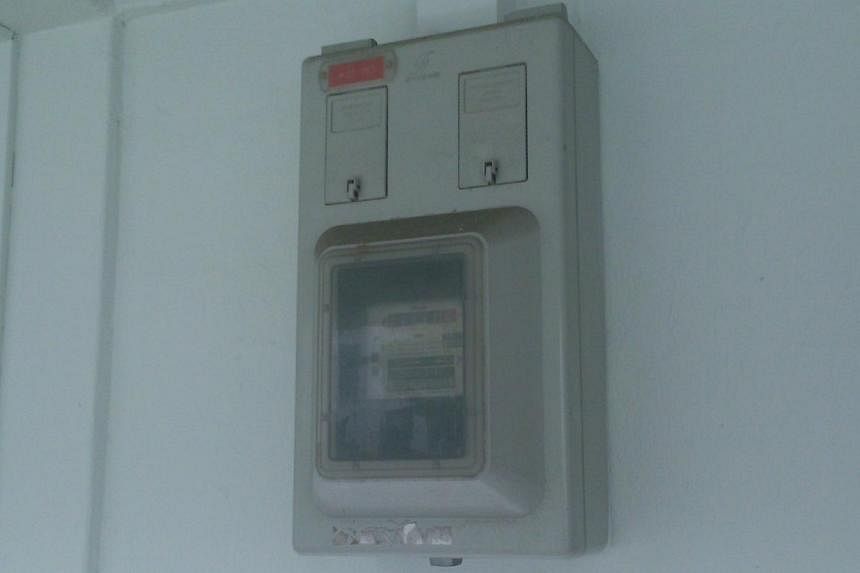The Energy Market Authority will be studying ways to help consumers improve energy efficiency and cut their bills, and how to better help vulnerable households who have trouble paying utility bills, said its chief executive officer Chee Hong Tat at a forum for the energy industry on Friday morning held at the Suntec convention centre.
The national energy regulator has set up two joint task forces with Singapore Power to do so. These task forces, led by senior representatives from both parties, "will focus on two important areas which have potential to benefit many Singapore consumers", Mr Chee said in his opening remarks.
"We will also pull together resources from EMA and Singapore Power to implement the proposals, so that we bring about concrete improvements and benefits to consumers."
To help businesses cut costs and be more flexible, the agency is also reviewing its rules and licensing requirements, Mr Chee added. It will start with an internal review before working with licensees like SP PowerGrid and SP Services to review their rules and procedures.
Over the past decade, Singapore has lowered its grid charges by being more productive and efficient, he said. "When I first came to EMA in 2011, the electricity tariff for households was 27.28 cents per kilowatt-hour (kWh). Today, it has dropped to 25.73 cents per kWh. Again if we take into account inflation, this is a drop in real terms of around nine per cent." Energy costs make up the bulk of electricity tariffs.
Eventually, Singapore aims to allow all consumers here to choose their electricity retailer, starting with commercial and industrial customers, and enable the national grid to handle more intermittent energy sources like solar energy, he said.

